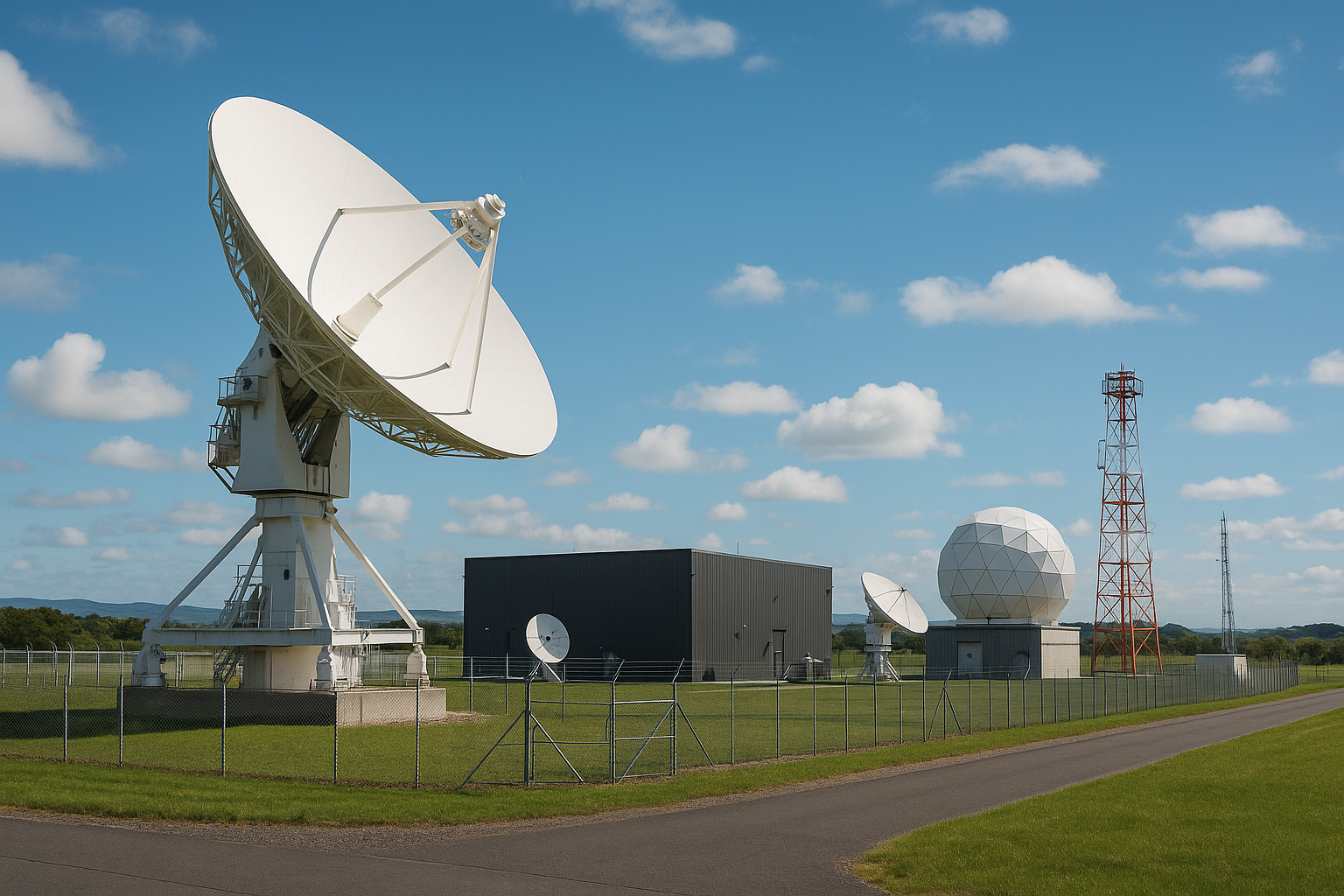New Zealand Enacts Ground-Based Space Infrastructure Law to Safeguard Security
Announcing the passage of the bill, Space Minister Judith Collins described it as a “significant milestone” in bolstering New Zealand’s sovereignty and ability to deter foreign interference.

- Country:
- New Zealand
In a swift and decisive move to enhance national security and assert regulatory authority over a critical aspect of modern space operations, the New Zealand Parliament has passed the Outer Space and High-altitude Activities Amendment Bill under urgency. This landmark legislation establishes a new regulatory framework for ground-based space infrastructure, such as satellite tracking stations and telemetry systems, which support a wide array of orbital and space communication activities.
A Proactive Security Measure Amidst Evolving Global Threats
Announcing the passage of the bill, Space Minister Judith Collins described it as a “significant milestone” in bolstering New Zealand’s sovereignty and ability to deter foreign interference. The legislation takes effect on 29 July 2025, and is aimed at closing a critical regulatory gap in the rapidly advancing space sector.
“This law supports New Zealand’s interest in the safe, secure and responsible use of space and stops any attempts by foreign entities that do not share our values or interests,” said Collins.
While New Zealand has been internationally recognized for its responsible approach to launching satellites and regulating outer space activity, ground-based infrastructure until now has operated in a less formally regulated environment. These installations, often used by both domestic and international actors, play an essential role in the global satellite ecosystem — from controlling orbital operations to collecting telemetry data.
Transitional Authorisations with National Security Oversight
From the end of July, all operators of in-scope ground-based infrastructure will be considered to have transitional authorisations. However, the Minister for Space will have sweeping powers to vary, suspend, or revoke these authorisations on national security grounds.
The legislation empowers the government to act swiftly against operators deemed to be acting contrary to New Zealand’s strategic interests, or where there is a suspicion of malicious intent or foreign coercion.
“Ground-based space infrastructure in New Zealand plays a vital role in supporting global satellite operations and space activities, but without regulation, it can also pose risks to national security,” Collins stated.
MBIE to Administer and Enforce New Space Regime
The Ministry of Business, Innovation and Employment (MBIE) has been appointed as the regulatory authority and enforcement body under the new regime. MBIE will oversee compliance, investigate suspicious activity, and enforce safeguards.
As part of its powers, MBIE will be able to:
-
Inspect facilities
-
Impose enforcement actions
-
Issue penalties or operational suspensions
-
Ensure compliance with forthcoming regulations
This administrative structure will enable the government to maintain a balance between supporting commercial space innovation and safeguarding national interests.
Future Regulations to Mandate Security and Due Diligence
Although the Bill comes into force in July, detailed regulations will follow later this year, laying out the technical and procedural requirements for infrastructure operators. These are expected to include:
-
Mandatory security measures
-
Due diligence protocols for ownership and data handling
-
Registration criteria for ongoing operations
-
Periodic review and renewal of authorisations
To ease the transition, operators will be given a grace period through early 2026 to fully implement the required systems and demonstrate compliance. However, transitional authorisations can be revoked at any time during this period if significant risks are identified.
Strategic Importance in the Global Space Economy
New Zealand’s space sector — including its internationally renowned launch operations and rapidly expanding satellite services — is becoming increasingly significant on the world stage. Ground-based infrastructure in New Zealand supports low-Earth orbit satellite fleets, Earth observation missions, scientific telemetry, and commercial constellations.
As geopolitical tensions rise and the space domain becomes a theatre for strategic competition, regulating infrastructure on the ground becomes just as important as overseeing launches and orbital behavior.
“This system helps maintain New Zealand’s reputation as a trusted and capable space-faring nation,” Collins said. “One that takes its responsibilities seriously and is prepared to manage the risks and opportunities of space activity.”
Looking Ahead
The new law marks a pivotal evolution in how New Zealand engages with the global space industry. It positions the country as both an enabler of innovation and a vigilant guardian of national sovereignty in an increasingly contested and technologically complex domain.
As the regulations are finalized later this year, industry stakeholders, foreign partners, and space security analysts will be watching closely to see how New Zealand implements this legislation — a potential model for other emerging space-faring nations.










